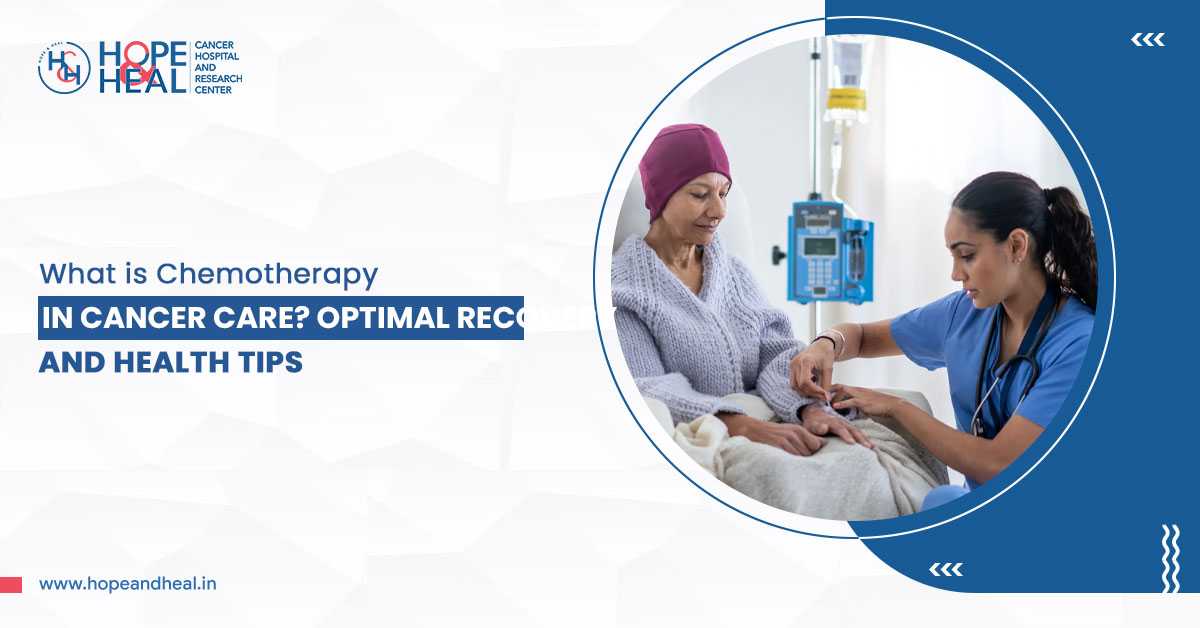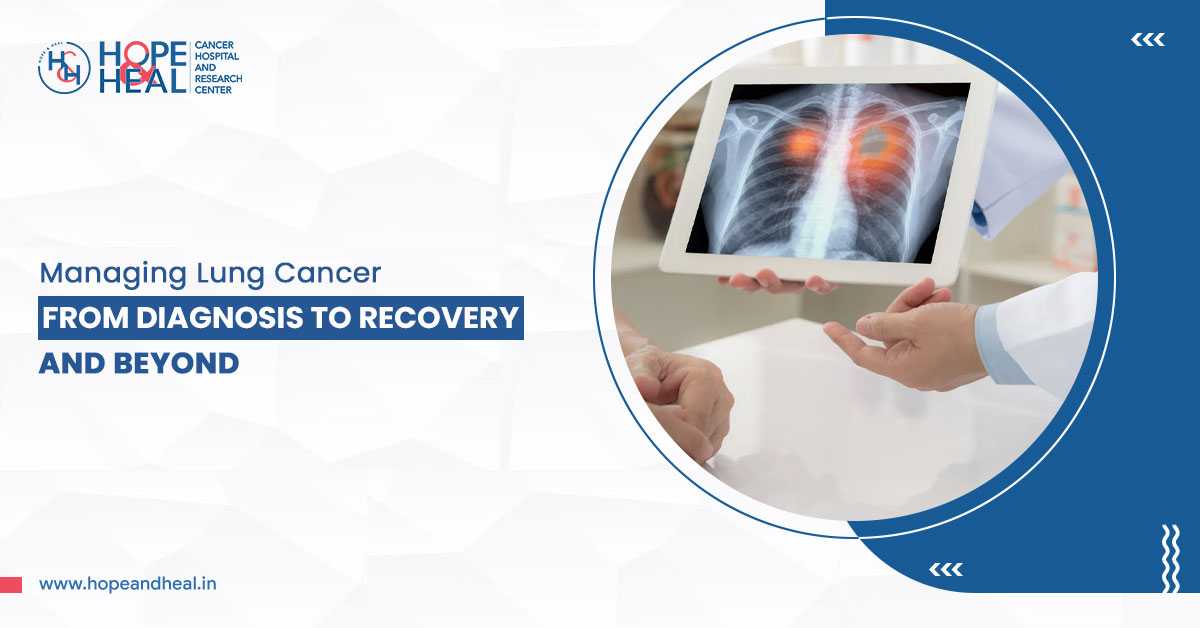Ovarian cancer can go unnoticed. Because symptoms often develop in the later stage, it becomes hard to detect the cancer. The female reproductive system includes two ovaries, each about the size of an almond.These organs produce eggs, progesterone, and estrogen hormones.
This cancer begins in the ovaries or the fallopian tubes. It can also develop in the peritoneum, a membrane that lines the inside of the pelvis and abdomen. Get compressed and advanced ovarian cancer treatment at the best cancer hospital in Siliguri.
Here are the seven symptoms of ovarian cancer that you should not overlook:
1. Abdominal Bloating
While bloating is a common discomfort in people, persistent and unexplained bloating is not. If you notice that you have abdominal bloating most days. And, it doesn't go away, it's essential to speak to your doctor. You can see a gynecologist or general physician.
2. Pelvic or Abdominal Pain
Constant pelvic or abdominal pain or abdominal pressure that doesn't go away may ensure an underlying condition. It may feel like menstrual cramps. But, if the pain is persistent, or not related to your periods, make sure you see your gyne doctor.
3. Frequent or Urgent Urination
If you need to urinate more often than normal, or you suddenly feel the urge to urinate, seek expert attention. Only medical diagnosis can determine the reason for frequent urination.
Reach out to one of the top cancer centres in Siliguri for ovarian cancer treatment.
4. Fatigue
There are multiple reasons for fatigue. Feeling unusually tired is a symptom of many medical conditions. Also, it can be a sign of ovarian cancer. If you're experiencing fatigue that doesn't improve with rest, speak to your doctor.
Receive advanced ovarian cancer treatment at the top cancer hospital in Siliguri.
5. Changes in Menstrual Cycle
Irregular periods can occur due to various factors. These can result from hormonal changes. However, if you notice significant changes in your menstrual cycle, like heavier or lighter periods than usual, bleeding between periods, spotting, etc., see your doctor. Talk to your gyne doctor for a comprehensive diagnosis.
6. Difficulty Eating
If you notice that you're feeling full more quickly after having meals than usual, consult your doctor. With ovarian cancer, you might have difficulty eating. This discomfort can happen when a tumor affects the stomach.
7. Changes in Bowel Habits
Persistent changes in your bowel habits show something is wrong with your health. These may include constipation, diarrhea, changes in the size and shape of your stool, etc. Did you know ovarian cancer can affect the digestive system? Therefore, it can lead to these symptoms, including loss of appetite.
Blood tests, CT scans, pelvic exams, and ultrasounds are effective diagnostic procedures for ovarian cancer. Remember that these symptoms can result from conditions other than ovarian cancer. Hence, medical diagnosis is vital. Consult your medical expert without delay. You may visit the leading cancer hospital in Siliguri, West Bengal.
Comments (0)






